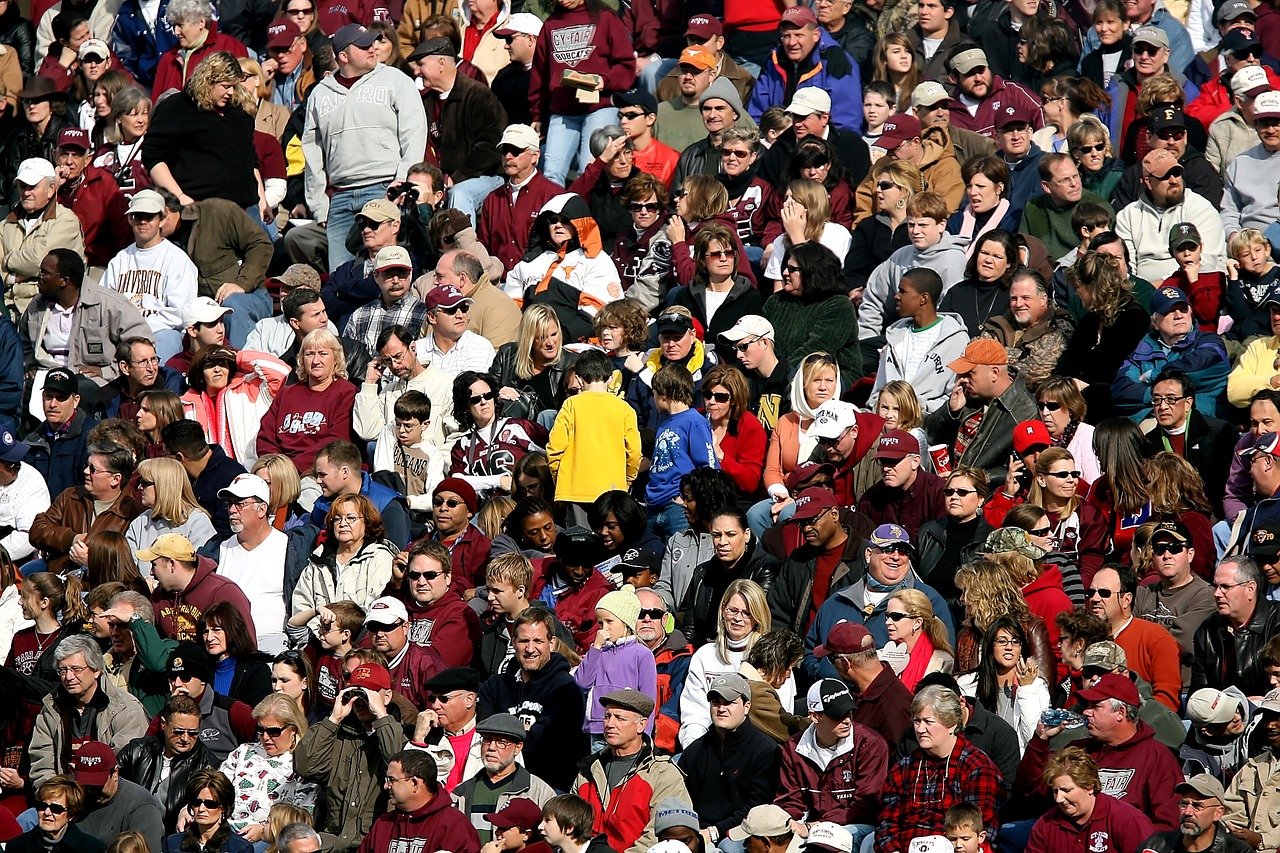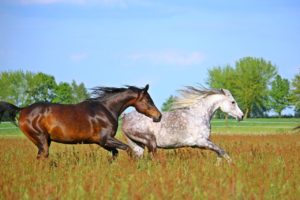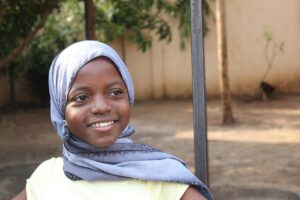If you want to know about someone’s physical characteristics, the most common question to ask is what does he/she look like? (If you ask what is he or she like, without the verb look, you’re asking for a description of their personality, not their physical appearance.)
- He’s/She’s tall/short.
I was pretty lanky as a teenager.
Lanky is similar to tall, but it also describes someone who is a bit awkward, whose arms and legs seem a bit too long for their bodies.
- He’s/She’s fat. John isn’t fat, but he’s a little chubby.
Janet’s curvy.
Larry is a bit overweight. He’s put on a few pounds recently.
Bob is obese; he has medical problems because of his weight.
Be careful with the word fat; it can sound negative to some people, and the word overweight usually sounds better. Chubby means slightly fat, just a little bit overweight. (It also describes babies: chubby cheeks and chubby little legs.) Curvy is used mostly to describe women, and it means having an attractive shape, having a body with appealing lines and shapes. Obese means very fat, and it has a specific medical definition, but people use it to mean very fat. - Rob has gotten a bit dumpy.
Dumpy means overweight, not in great physical condition. It describes someone who eats bad food and exercises very little. Be careful with it, it’s not a compliment. - He’s/She’s thin. He’s/She’s lean.
Bill thinks he’s too skinny, so he’s started lifting weights.
Kari is really slender, those pants look great on her.
Bill’s become very slim since he began his new diet.
Thin is a neutral term. Lean means thin in a healthy or attractive way, but skinny can sound undernourished or weak. Slender and slim are similar to thin, and they sound positive. Slender has a sense of graceful and attractive, and it’s mostly used to describe women. Slim is similar; it means thin and healthy, and it can be used to describe anyone. - He’s/She’s good looking.
- He’s handsome. She’s beautiful.
Beautiful can be used with both men and women, but handsome is used for men. - He’s/She’s striking.
To strike means to hit, so if you say that someone is striking, that means that you really notice their appearance, that they are very good looking. - He’s/She’s gorgeous.
Gorgeous means very beautiful. - He’s/She’s young/old/elderly.
Elderly is very old. You would only describe someone as elderly if they’re frail – meaning weak and fragile with old age, especially with medical problems. - He’s/She’s in shape/out of shape/in great shape.
In shape means in good physical condition, and out of shape means the opposite. You can add great (or good, excellent, etc.) if someone is in very good physical condition. - He takes care of himself. She takes care of herself.
When describing someone physically, this means that they have a nice body, they exercise and eat well. - He/She has a great body.
If you say that someone has a great body, you’re saying that they’re physically attractive. Only use this expression carefully in friendly and casual settings, since it suggests sexual attraction. - He’s built. He works out and has big muscles.
Usually men are described as being built, but if a woman works out and has muscles, you can describe her as built as well. - Rob is wiry.
Wiry describes a man who is thin and has muscles, usually muscles that you can see, but aren’t so big that he looks like a body builder. - He’s/She’s hot.
Hot is a causal and idiomatic way of describing someone as very sexually attractive. Be careful using it, it’s not the kind of thing you would say about someone in anything but a very casual, friendly setting. - He’s/She’s dark skinned/tan/light skinned.
He/She has a light/dark complexion.
You can describe people as dark or light skinned, usually related to whether they’re black, white, or brown. Tan means darker than usual because of exposure to the sun. You can also use the expression to have a dark/light complexion. Complexion means the appearance of someone’s skin, especially their face, including the color. - She’s very pale. She doesn’t look healthy.
He’s really pasty. He needs to get out in the sun!
Both pale and pasty mean light skinned, but they’re usually not considered positive. Pale has the sense of lighter complexion than normal because of sickness or even fear. Pasty describes someone who doesn’t get out in the sun very much. If you go to the beach at the beginning of the summer and feel like you need a tan, you could describe yourself as pasty.
Learn English with the Language Garage!
If you’re interested in ESL/EFL lessons, please check out our English courses. We have private lessons, lessons for you and a friend or colleague, or small groups. Or see our other posts on English grammar, vocabulary, and more.
Image by Keith Johnston from Pixabay






